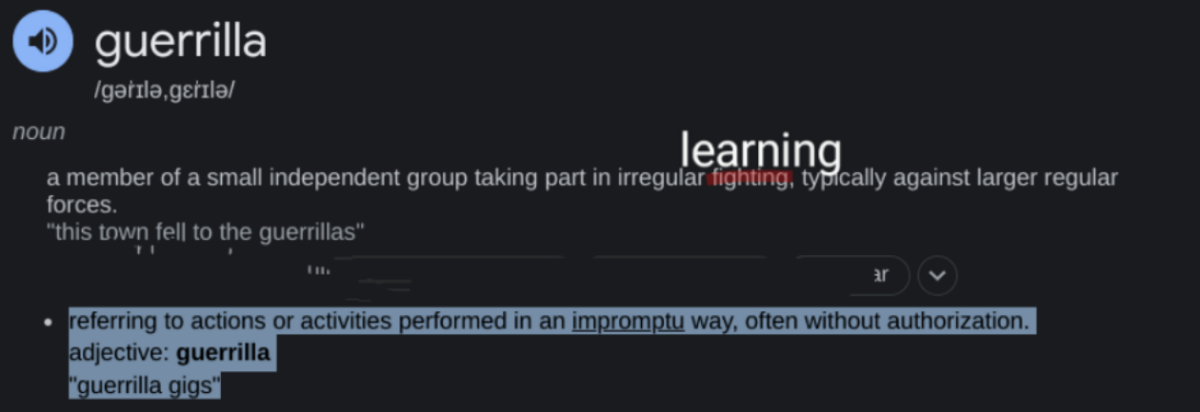The Guardian began an article from last week in this way:
David Cameron has conceded that there was insufficient social mobility in British society and said it was the job of the government to raise the aspirations of people from poor backgrounds to get top jobs in public life.
Cameron is responding to the criticisms of an ex-PM, John Major, about the makeup of the Cabinet and, more generally, the makeup of Parliament in general (ask how many MPs went to University, how many were members of Student Parties and so on). Why should this matter? Surely we want the best educated to lead us, don’t we? (The whole article is here: http://www.theguardian.com/society/2013/nov/14/david-cameron-social-mobility-major)
More generally, in society as a whole, perhaps the best positions and their benefits need to be occupied by those most able in order to make that society as a whole more efficient and have a greater surplus wealth, etc. to share.
Why, though, does Rawls limit his difference principle (that inequality can be justified in a society if it is to the benefit of the least advantaged) with the principle of fair opportunity (inequality is justified only if it is attached to offices open to all under a system of fair opportunity)? It is okay if some positions carry benefits so long as all members of society have a fair chance to occupy said position.
The problem, if there is one, concerns considerations of moral luck (natural talent, a footballer) and social luck (there is a correlation between one’s class an done’s achievement in society). The latter of these two is what is at issue here (because natural luck if bracketed off by the original position). The class and wealth you are born into determines the opportunities that open before you in life and that is not fair: one person can be born with a silver spoon, the other with ni cutlery at all. And that has an impact on your liberty. If the same people then occupy positions of power, then the class becomes entrenched and its interests prioritized. (Could university fees be seen in such a light?)
Think about these issues for next lecture, but also read Sandel’s criticism of Rawls’s position (the article is available in Blackboard). What is at stake in this article is the very notions of desert and merit at the heart of Rawls’s Kantian enterprise: I should be praised for what I do, not what I am. Perhaps our very modern, atomistic approach to obligations is part of the problem.
When you have done so, begin thinking about these questions:
- What is the political philosophy implicit in our practices and institutions and what features does it involve?
- What is the unencumbered self and why is it philosophically appealing?
- Why is the priority of right inconsistent with the difference principle
- Can we view ourselves as independent selves not tied to our attachments and values?
- Are there normative consequences for this theoretical failure?
- Why might a contemporary political discourse based on the primacy of individual rights negate any obligation of belonging?
- What is atomism and what role does it play in the primacy of rights account of political obligation?
- What is the traditional alternative to atomism? What is self-sufficiency?
- Why is an account of human nature relevant to a doctrine of rights?
- Are there any connections between the theoretical critique of the concept of the person and the atomism of liberalism?
- Can atomism be defended or can the social thesis of the communitarians be rejected?

In case anyone actually wasn’t out on Saturday night, you may have noticed John Rawls’s influence on Doctor Who. First one to mention it is the winner!
The Doctor implements an original position by erasing the memory of both the shape shifters and the humans, thus creating a veil of ignorance so that all four want to stop the bomb!
You win.